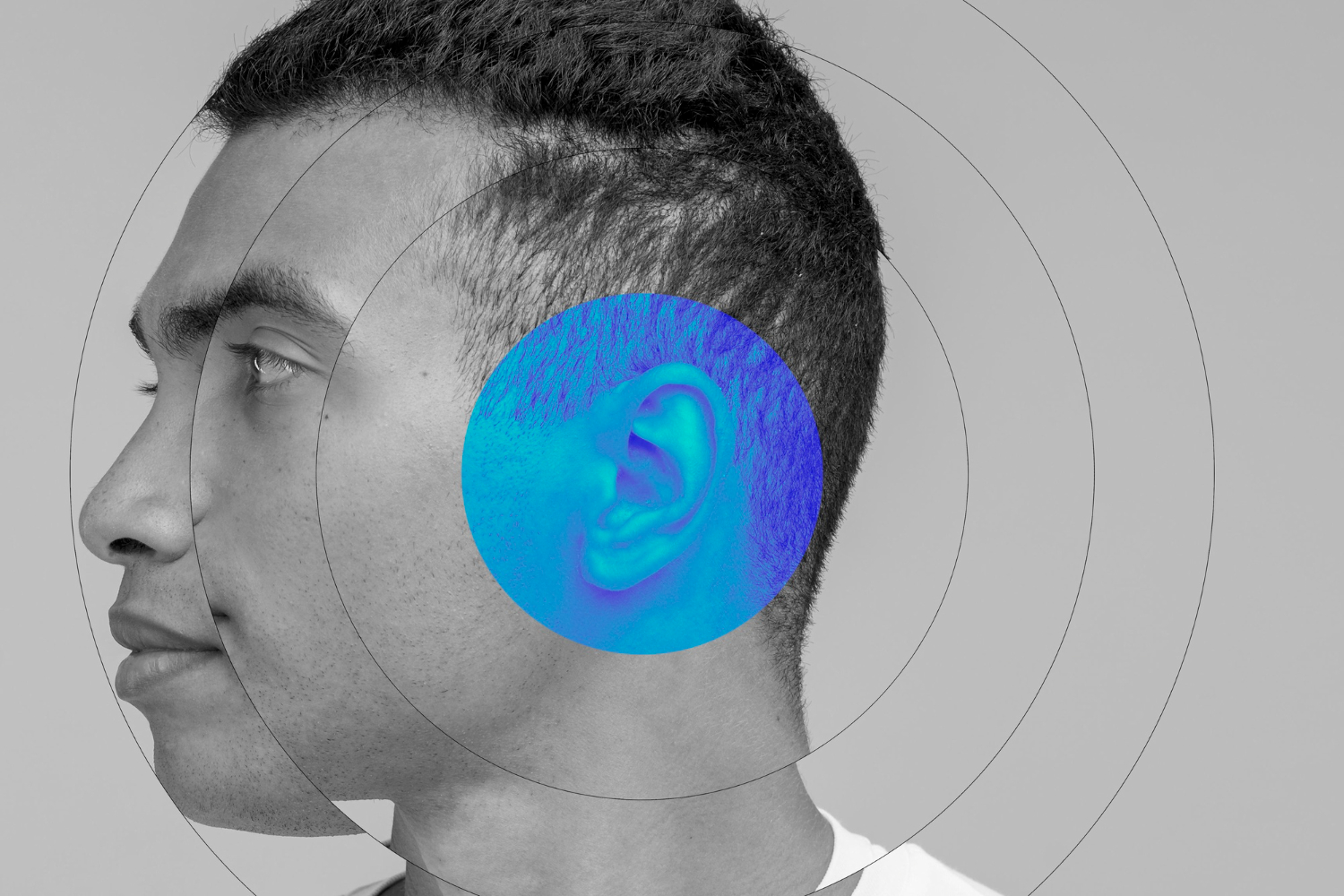
Auditory Processing Disorder (APD) can significantly impact an adult’s daily life, affecting their ability to understand and interpret sounds. Diagnosing APD in adults requires a comprehensive evaluation by audiologists and other specialists. A battery of tests is used to assess various auditory processes, including speech perception in noise, temporal processing, and binaural integration.
The diagnostic process typically begins with a thorough case history and standard hearing tests to rule out conventional hearing loss. Specialized APD tests may include dichotic listening tasks, where different sounds are presented to each ear simultaneously, and temporal processing assessments that evaluate the ability to detect small gaps between sounds. These tests help identify specific areas of auditory processing difficulty.
Recognizing the signs of auditory processing disorder in adults is vital for early intervention. Adults with APD may struggle to follow conversations in noisy environments, have difficulty understanding accented speech, or frequently misinterpret verbal instructions. A multidisciplinary approach involving audiologists, speech-language pathologists, and sometimes neurologists ensures a comprehensive evaluation and accurate diagnosis.
The information here is meant for education and is not medical advice. Consult your healthcare provider for personalized recommendations.
Table of Contents
- 1 Key Takeaways
- 2 Understanding Auditory Processing Disorder (APD)
- 3 Definition and Impact of APD
- 4 Symptoms and Common Co-Occurrences
- 5 Role of Audiologists in APD
- 6 Diagnostic Process and Interventions
- 7 Behavioral and Electrophysiological Tests
- 8 Advanced Imaging and Differential Diagnosis
- 9 Treatment Options and Strategies
- 10 Conclusion
Key Takeaways
- APD diagnosis involves specialized tests assessing various auditory processing skills
- A multidisciplinary team of professionals is often involved in the diagnostic process
- Early recognition of APD symptoms can lead to timely intervention and management strategies
Understanding Auditory Processing Disorder (APD)
Auditory Processing Disorder affects how the brain interprets auditory information, impacting daily life and communication. It can occur in both children and adults, often presenting challenges in various settings.
Definition and Impact of APD
Auditory Processing Disorder, also known as Central Auditory Processing Disorder (CAPD), is a condition where individuals struggle to process and interpret auditory information despite having normal hearing sensitivity. The brain’s ability to recognize and interpret sounds becomes impaired, leading to difficulties in understanding speech, especially in noisy environments.
APD can significantly impact a person’s quality of life, affecting academic performance, social interactions, and professional endeavors. Individuals with APD may find it challenging to follow conversations, comprehend complex instructions, or distinguish between similar sounds.
Symptoms and Common Co-Occurrences
Common symptoms of APD include:
- Difficulty following verbal directions
- Trouble understanding speech in noisy environments
- Frequent requests for repetition
- Delays in responding to verbal cues
- Problems with reading and spelling
APD often co-occurs with other conditions such as ADHD and dyslexia. This overlap can complicate diagnosis and treatment. Individuals with APD may struggle with attention, reading comprehension, and phonological awareness.
Social settings can be particularly challenging for those with APD, as they may misinterpret tone of voice or miss subtle cues in speech.
Role of Audiologists in APD
Audiologists play a crucial role in diagnosing and managing APD. They conduct specialized tests to assess auditory processing skills and differentiate APD from other hearing or learning disorders.
The diagnostic process typically involves:
- Comprehensive hearing evaluations
- Specific auditory processing tests
- Assessment of speech perception in various listening conditions
Audiologists collaborate with other professionals, such as speech-language pathologists and psychologists, to develop tailored treatment plans. These plans may include auditory training exercises, environmental modifications, and compensatory strategies to improve listening skills and overall communication abilities.
Diagnostic Process and Interventions
Diagnosing and treating Auditory Processing Disorder (APD) in adults involves a comprehensive approach utilizing various tests and interventions. Audiologists and speech-language pathologists play key roles in assessment and management.
Behavioral and Electrophysiological Tests
Behavioral tests evaluate an individual’s ability to process auditory information. These may include dichotic listening tasks, temporal processing tests, and speech-in-noise assessments. Audiologists often use standardized test batteries to assess different aspects of auditory processing.
Electrophysiological tests measure the brain’s response to sound stimuli. The Auditory Brainstem Response (ABR) evaluates the functioning of the auditory pathway from the cochlea to the brainstem. Middle Latency Response (MLR) tests assess higher auditory pathways.
These tests help identify specific deficits in the central auditory system and guide treatment planning.
Advanced Imaging and Differential Diagnosis
Advanced imaging techniques like MRI and fMRI may be used to examine brain structure and function. These can help identify or rule out other conditions that may cause similar symptoms.
Differential diagnosis is crucial, as APD symptoms can overlap with other disorders. Audiologists consider factors such as hearing sensitivity, cognitive function, and language skills. They may collaborate with other specialists to rule out conditions like traumatic brain injury or age-related changes.
A thorough case history and interdisciplinary approach ensure accurate diagnosis and appropriate treatment planning.
Treatment Options and Strategies
Treatment for APD in adults often involves a combination of approaches:
- Auditory training programs to improve specific processing skills
- Compensatory strategies to enhance listening and communication
- Environmental modifications to optimize auditory input
Assistive listening devices, such as FM systems or hearing aids with specialized features, can improve signal-to-noise ratios. Computer-based programs may target specific auditory skills.
Speech-language pathologists may work on language and cognitive skills to support auditory processing. Strategies might include note-taking techniques or visual aids to supplement auditory information.
Treatment plans are tailored to each individual’s needs and may evolve over time based on progress and changing circumstances.
Conclusion
Diagnosing Auditory Processing Disorder in adults requires a comprehensive approach. A battery of specialized tests assesses various aspects of auditory processing and functioning. These evaluations, combined with a thorough case history and input from relevant professionals, help provide an accurate diagnosis.
Early identification and proper diagnosis are crucial for developing effective management strategies. With appropriate interventions and support, adults with APD can improve their auditory processing skills and overall quality of life.


